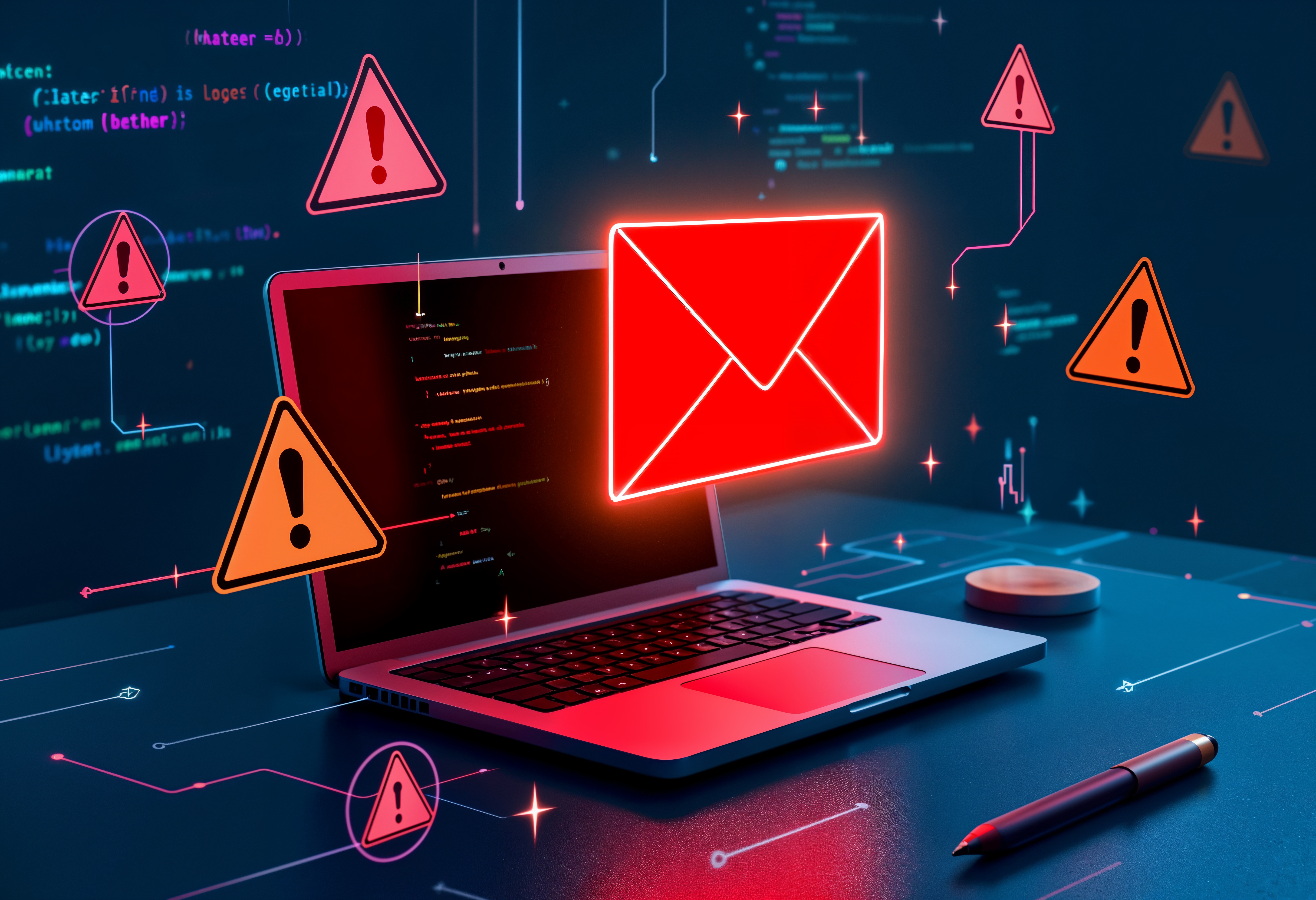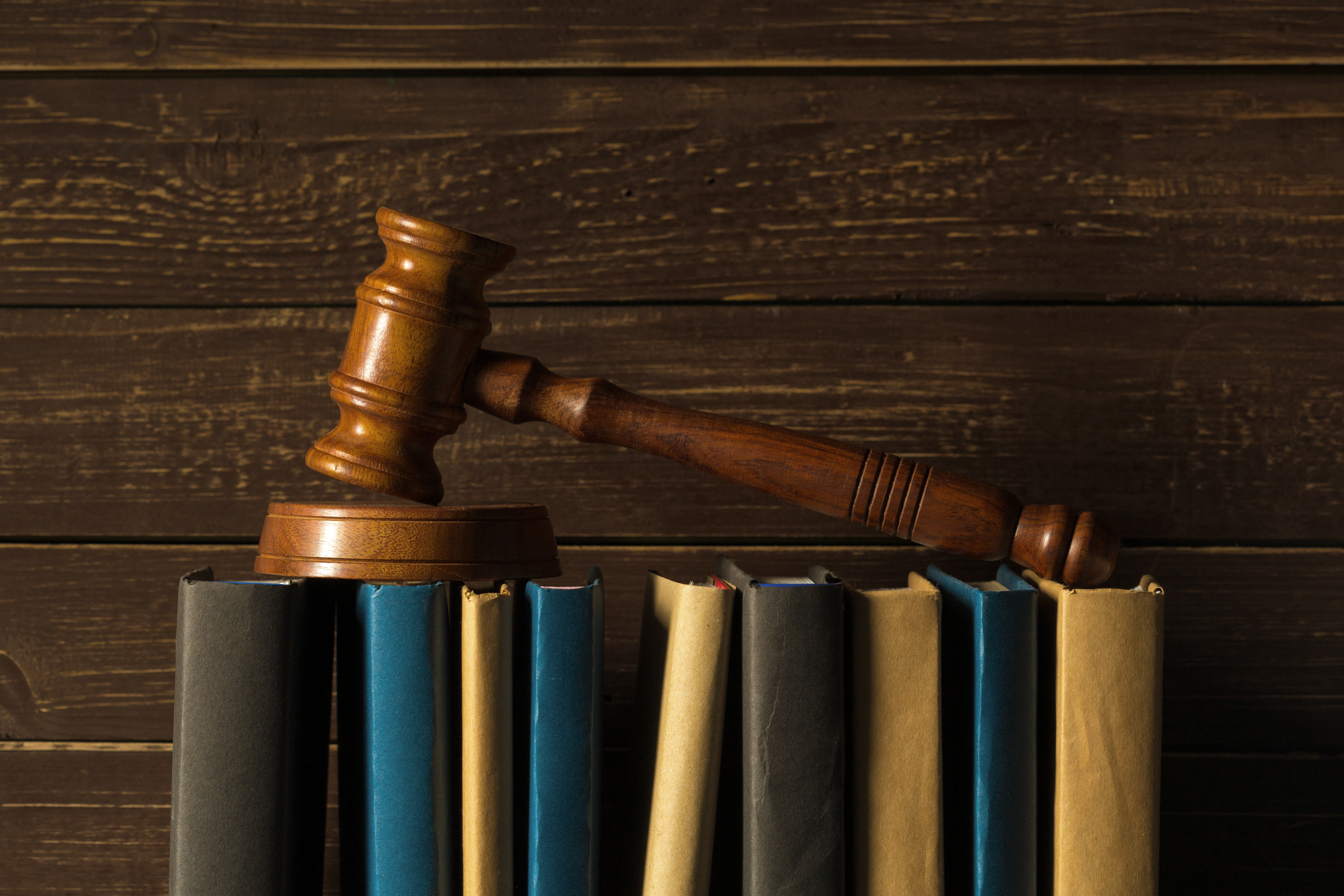Author: aarnalawadmin
-

An Introduction to the laws around Antiques in India
Indian antiquities law is governed by the Antiquities and Art Treasures Act of 1972, which prohibits the export of any antique object that is more than 100 years old without obtaining a valid export permit. The act also established the Archaeological Survey of India (ASI) as the primary regulatory body for the preservation and protection…
-

Review of the Banking Laws Amendment bill
The Banking Laws (Amendment) Bill, 2024 which was passed in the Lok Sabha on December 3, 2024, introduces several critical changes to existing banking laws in India, aiming to modernize and streamline the banking sector. The law outlines several major reforms with the aim of bettering the governance of banks, increasing the protection afforded to…
-

THE CHALLENGES OF BRAND SPOOFING IN A DIGITAL ERA
Introduction Brand spoofing, also known as brand phishing or brand impersonation, is an online scamming technique used by hackers who use a trusted brand identity to encourage actions from the victims that lead to the next scam. By posing as a recognizable brand or organization familiar to the recipient, attackers can trick their victims into…
-

Draft Digital Personal Data Protection Rules, 2025
The Digital Personal Data Protection Act, 2023 was enacted in 2023 and serves as the primary legislation for governing the processing of personal data in India. It aims to safeguard the right to privacy by establishing a robust framework to ensure that personal data is processed lawfully and transparently. The Draft Digital Personal Data Protection…
-

DEVOLUTION OF PROPERTY UNDER THE HINDU SUCCESSION ACT, 1956
Abstract: This article examines the devolution of property under the Hindu Succession Act, 1956, and the 2005 Amendment, with a focus on Sections 6, 8, 14, and 15. It highlights the significant shift in India’s inheritance laws, addressing the blend of traditional practices and the constitutional mandate for gender equality. Further, Judicial interpretations of the…
-

SIAC 2025 Rules – Aarna Law Update
Effective 1 January 2025, the Singapore International Arbitration Centre (“SIAC”) will be implementing the 7th edition of its Arbitration Rules (“2025 Rules”). These Rules build on the foundation of the previous rules, but also introduce key changes which aim at enhancing procedural efficiency, increasing transparency, and adapting to the growing needs of arbitration today. In…
-

LCIA’s Equality, Diversity, and Inclusion Guidelines
On December 5, 2024, LCIA launched its Equality, Diversity and Inclusion (EDI) Guidelines (Guidelines) as a part of its EDI Initiative which was introduced earlier this year. The Guidelines aim to foster and facilitate arbitration proceedings through further recognition and acceptance of diversity and inclusivity in arbitration proceedings, thereby encouraging parties to adopt the Guidelines…
-

Electronica India Ltd vs Electronica Hitech Machines Pvt Ltd
Decided on 15. 04. 24 by the Bombay High Court Electronica India Ltd Vs. Electronica Hitech Machines Pvt Ltd & Ors 024 SCC OnLine SC 1190 | CMP No. 47 of 2022 and CMP No. 51 of 2022 Background This case centres on two commercial miscellaneous petitions (CMP No. 47 of 2022 and CMP No.…
-

Decriminalization of IP – Jan Vishwas Act, 2023
JAN VISHWAS ACT, 2023: CHANGING DYNAMICS OF IPR COMPLIANCE INTRODUCTION The Jan Vishwas (Amendment of Provisions) Act, 2023, which came into effect on August 1, 2024, marks a pivotal change in India’s Intellectual Property (IP) law framework. This legislation focuses on decriminalising several offenses across major IP statutes, such as the Patents Act, Trade Marks Act,…
-

EVOLVING REGULATORY FRAMEWORK FOR CRYPTOCURRENCIES AND DIGITAL ASSETS
Introduction Cryptocurrencies are a form of virtual or digital currency, created using encryption algorithms that operate on decentralized networks using blockchain technology. They are not issued by any governmental authority or institution and hence the value of these currencies are controlled by market factors of demand and supply. The following are a few examples of…